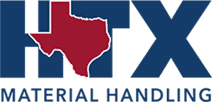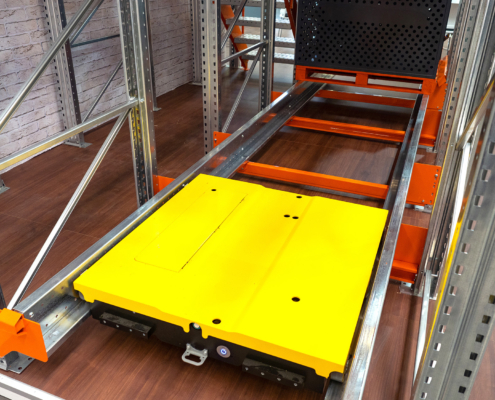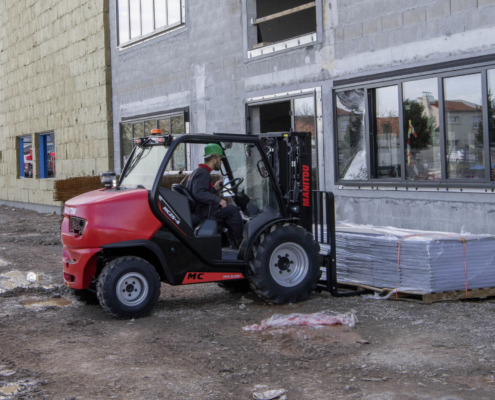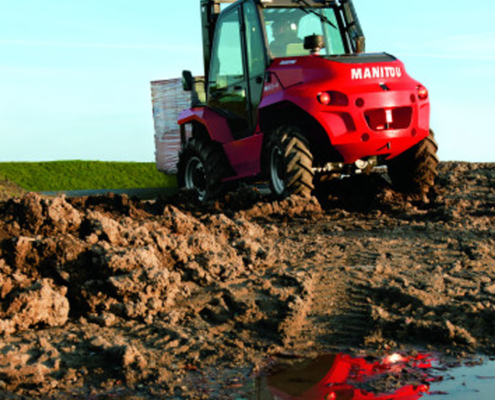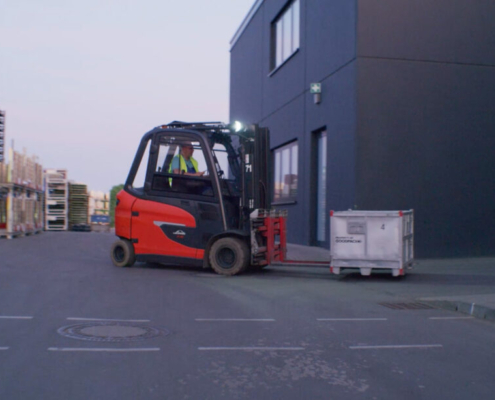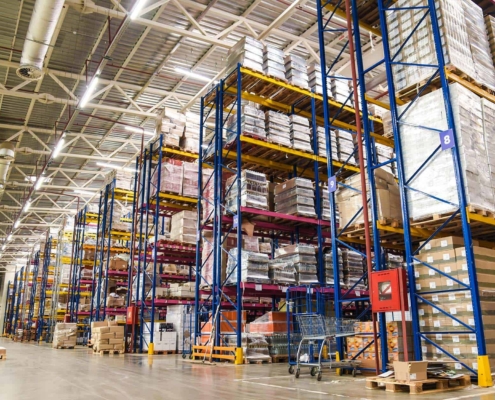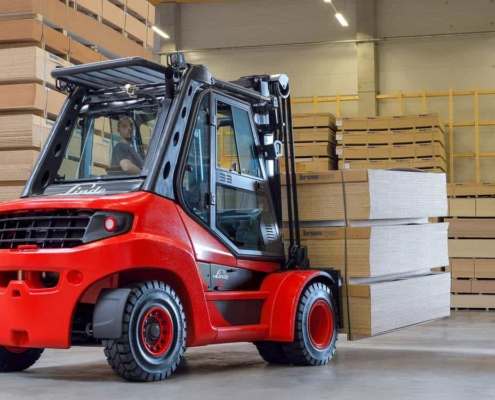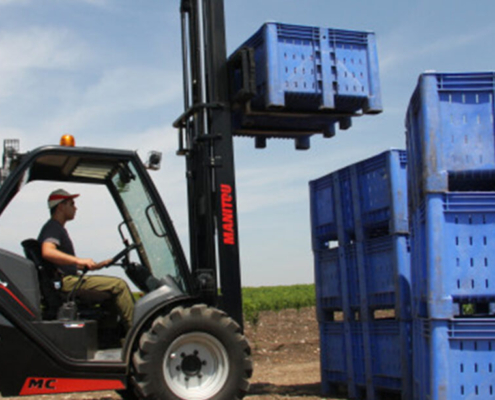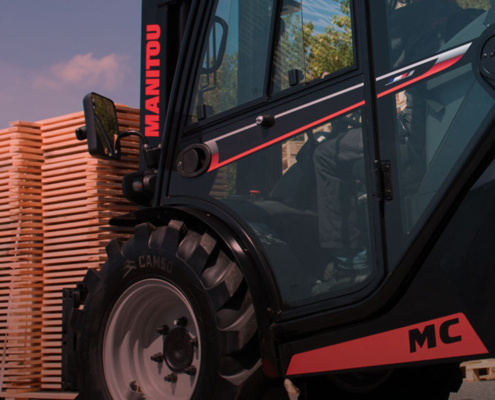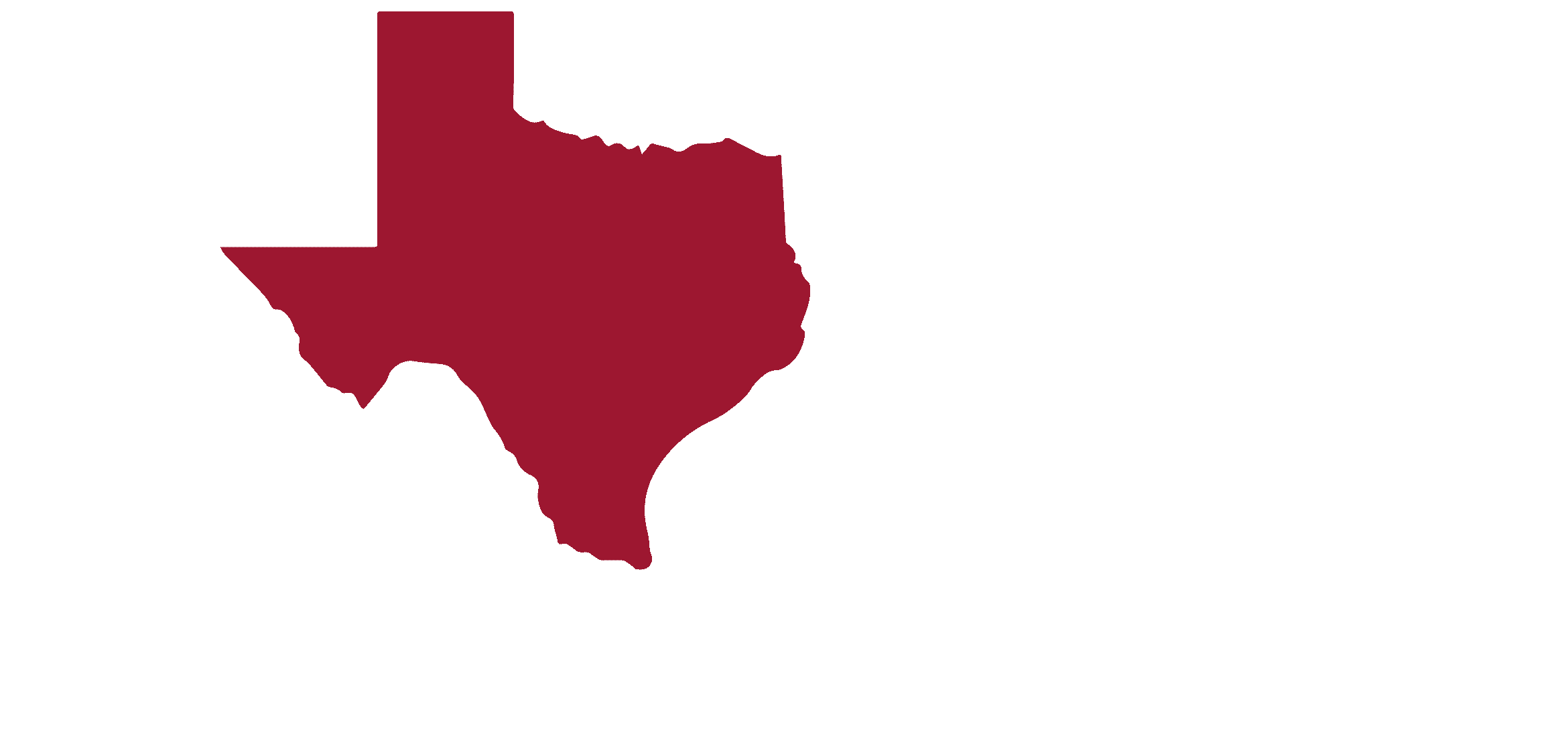Before exploring the intricacies of forklift rental agreements, it’s essential to grasp the basic terms and conditions often associated with equipment rentals. These agreements are generally contracts between two parties, where one party offers the forklift for rent while the other agrees to abide by specified terms and conditions. They cover everything from the rental period to safety instructions and more.
Key factors in a forklift rental’s terms and conditions often include the rental period, the rental rate, and the terms for returning the equipment. One of the most vital equipment rental agreement terms to scrutinize is the rental period, as this dramatically influences the total rental charges. For example, rental rates could be calculated on an hourly, daily, weekly, or monthly basis.
Understanding these agreements aids your inventory management, pre-empts unexpected costs, and ensures a smooth rental experience. It aids your ability to make informed decisions.
